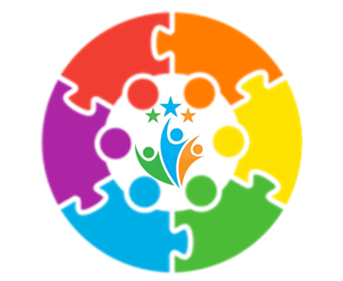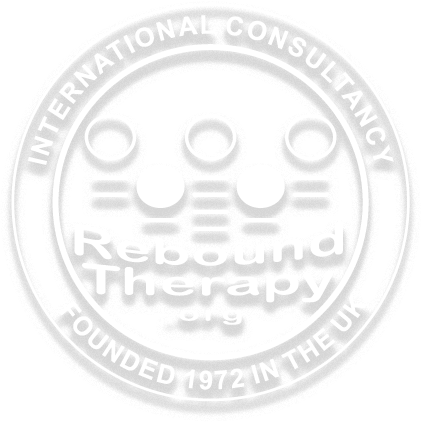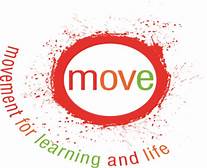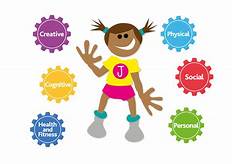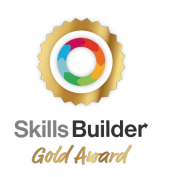Total Communication Environment
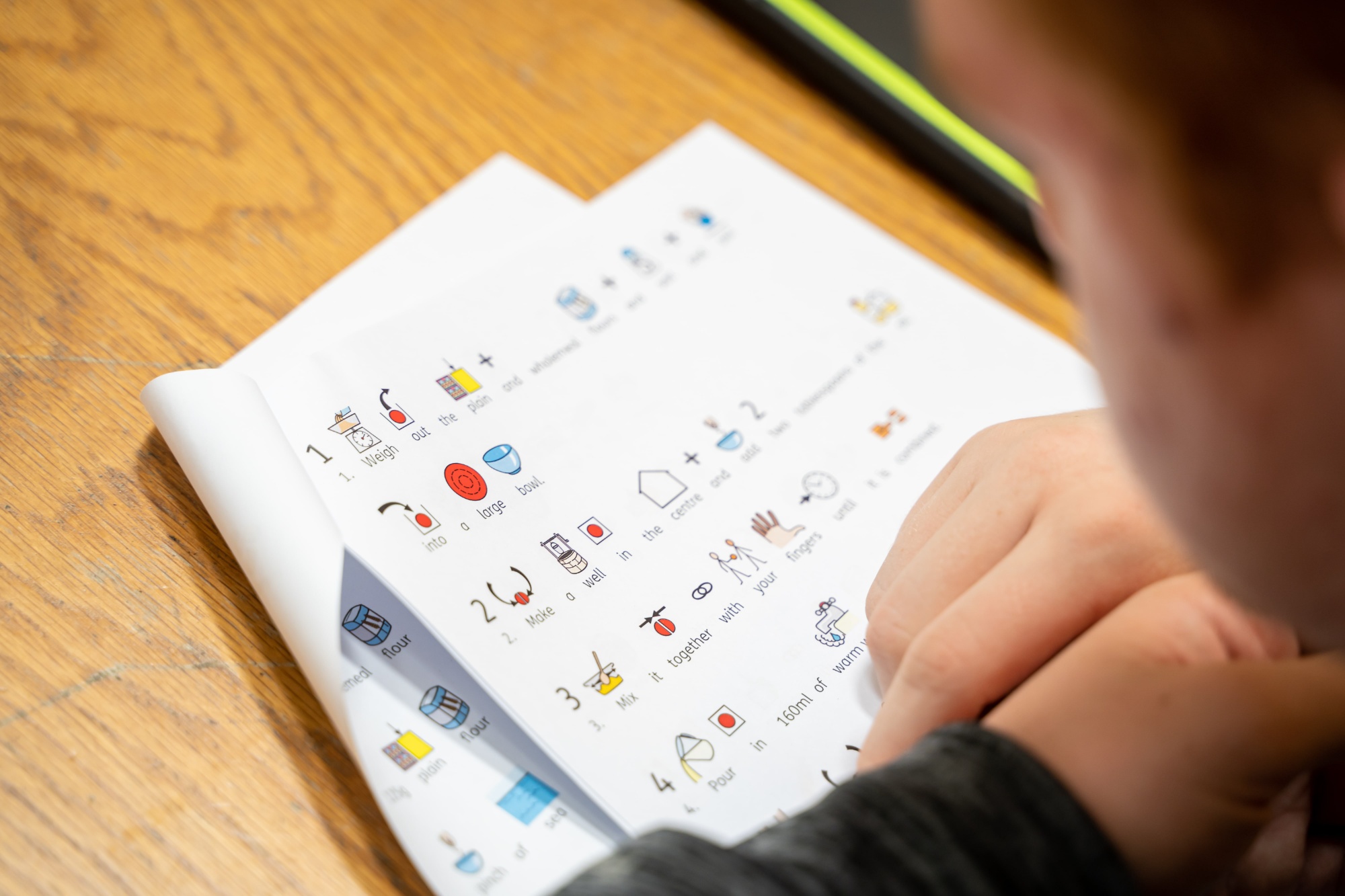
At Nancealverne we work in a Total Communication environment. This means that we work on key principles of communication which involves the use of symbols, pictures, PECS, Makaton Key Word signing and communication passports. We have a dedicated group of 'communication champions' whose job it is to develop different resources for classes to adapt to their children.
At every lunchtime we practise 4 signs which are different each week. Our 'signs of the week' can be thematic or link in with the time of the season. We also have a signed prayer that the children enjoy to repeat or sign along with.
Download any of the links below to see our signs of the week.
Please speak to your class teacher about showing you any of the signs, they are always glad to help. Keep an eye in the newsletters for information on different signing courses throughout the year too!
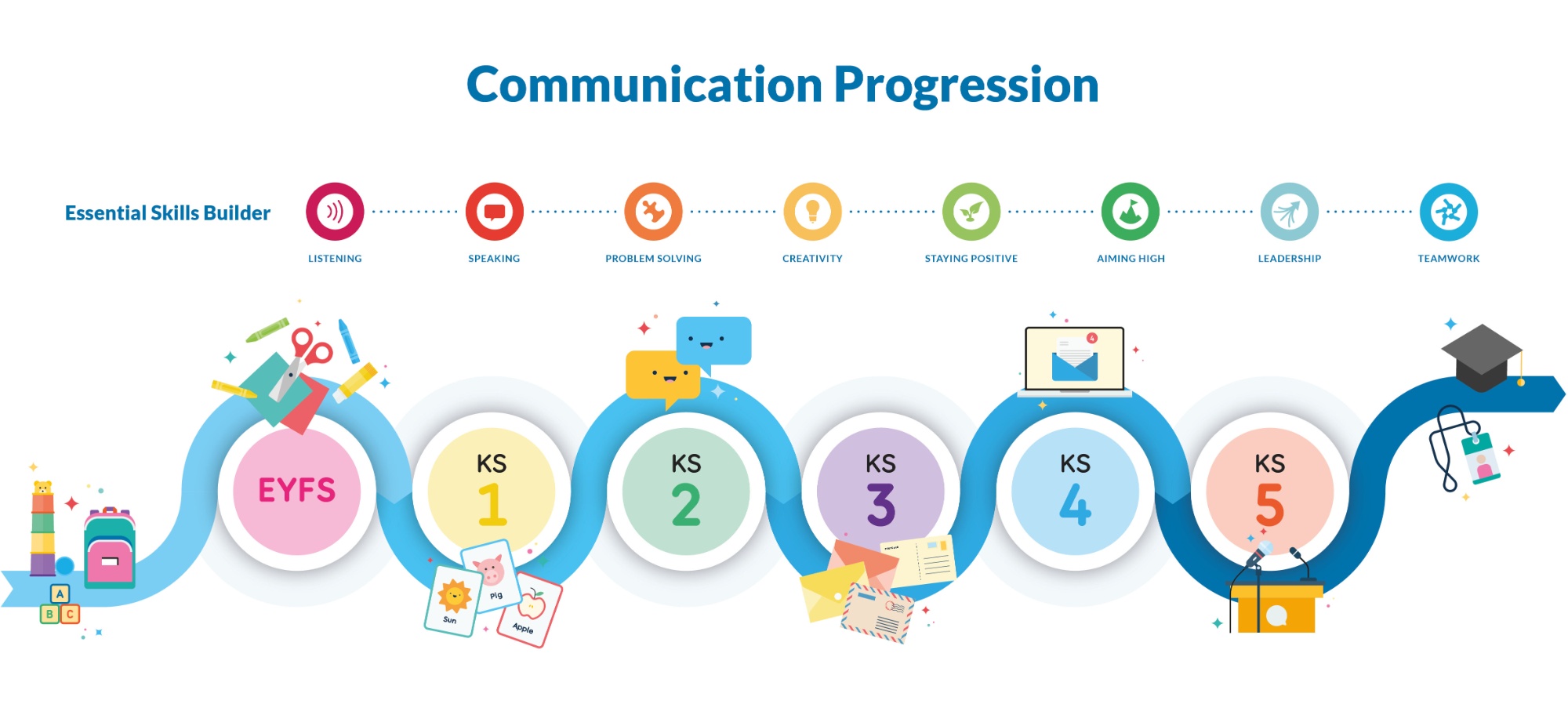
Children will follow individual pathways as outlined by specialists and supported by professionals. We are a total communication school which is an approach to communication that aims to use a variety of methods to convey information to individuals, especially those with communication challenges. Students have access to AAC devices if recommended by speech and language therapists and staff are trained to utilise them with alongside learning. The total communication approach considers environmental considerations for all our students including noise levels, classroom environment and sensory considerations.
Early Years Foundation Stage (EYFS):
- Explore materials, equipment, opportunities to communicate and interact.
- To be given real choices.
- To be spoken with and not about.
- Low tech AAC – pictures/symbols/PECs.
Key Stage 1 (KS1):
- Identify a mix of communication system which works.
- To ask for what they want – make requests.
- To begin to share my feelings.
- Communicate in spoken/pictorial/written methods.
- To say no and refuse/reject choices.
- Making clear choices.
Key Stage 2 (KS2):
- To have identified a speech system.
- Sharing my feelings more successfully.
- High tech AAC – to be taught how to communicate.
- To have a speech system in working order and accessible at all times.
- Structuring their talk/voice logically and coherently.
Key Stage 3 (KS3):
- To ask and know about my schedule.
- To communicate on my chosen system.
- To use a range of comms systems.
Key Stage 4 (KS4):
- To ask and answer questions confidently.
- Functional speech for preparation for adulthood.
- Convey more complex information.
- Using language techniques to express information.
Key Stage 5 (KS5):
- To have fluency in using my chosen systems.
- To answer all questions & tasks.
- To express opinions.
Whilst we follow the objectives of a structured subject-specific curriculum, we offer highly differentiated and personalised learning programmes. We deliver a specialist, high-quality, and relevant education. This focuses on personal skills and academic achievement, setting high expectations for all. We appreciate that students may not be working at age-related or key-stage expectations, and therefore measure progress from individual starting points.

